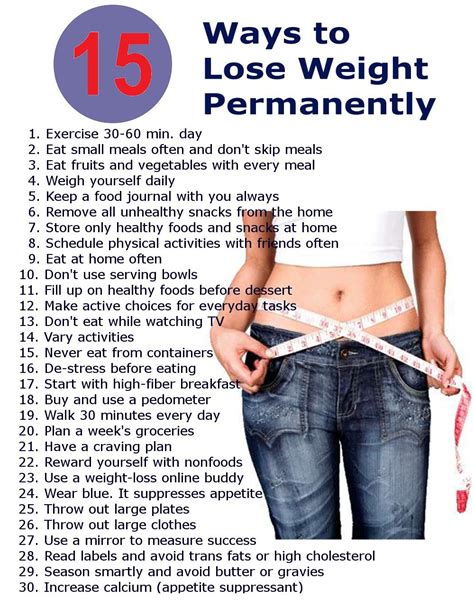How to Lose Weight Quickly: A Safe and Sustainable Approach
Losing weight quickly can feel like a race against the clock, but it's crucial to prioritize a healthy and sustainable approach. Crash diets might offer temporary results, but they often lead to regaining the weight and harming your overall health. This guide focuses on strategies for safe and effective weight loss, helping you achieve your goals without jeopardizing your well-being.
Understanding the Fundamentals of Weight Loss
Before diving into specific methods, let's clarify the core principle: weight loss boils down to burning more calories than you consume. This calorie deficit forces your body to tap into its stored fat reserves. However, simply reducing calories isn't enough; a balanced approach is key.
1. Prioritize a Balanced Diet
What to Eat: Focus on whole, unprocessed foods. Include plenty of fruits, vegetables, lean proteins (chicken, fish, beans, lentils), and whole grains. These foods are nutrient-rich and keep you feeling full, reducing cravings.
What to Limit: Minimize processed foods, sugary drinks, unhealthy fats (saturated and trans fats), and excessive alcohol consumption. These contribute to weight gain and offer minimal nutritional value.
2. Incorporate Regular Exercise
Cardiovascular Exercise: Activities like running, swimming, cycling, and brisk walking are excellent for burning calories and improving cardiovascular health. Aim for at least 150 minutes of moderate-intensity cardio per week.
Strength Training: Building muscle mass boosts your metabolism, helping you burn more calories even at rest. Incorporate strength training exercises at least two days a week, targeting all major muscle groups.
3. Stay Hydrated
Drinking plenty of water throughout the day helps you feel full, aids digestion, and supports overall bodily functions. Water can also help curb cravings, preventing you from reaching for unhealthy snacks.
4. Prioritize Sleep
Sufficient sleep is crucial for weight management. Lack of sleep disrupts hormones that regulate appetite, leading to increased cravings and potentially hindering weight loss efforts. Aim for 7-9 hours of quality sleep each night.
5. Manage Stress
Stress can trigger the release of cortisol, a hormone that promotes fat storage. Find healthy ways to manage stress, such as meditation, yoga, or spending time in nature.
Quick Weight Loss Strategies (with Cautions)
While rapid weight loss isn't always healthy, some strategies can accelerate the process when combined with a balanced approach. Always consult your doctor before making significant dietary or exercise changes.
1. Intermittent Fasting
This involves cycling between periods of eating and voluntary fasting. Popular methods include the 16/8 method (fasting for 16 hours, eating within an 8-hour window) or the 5:2 diet (eating normally for five days and restricting calories for two days). Consult your doctor before starting intermittent fasting.
2. Increasing Protein Intake
Protein helps you feel fuller for longer, reducing overall calorie intake. Prioritize lean protein sources in your diet.
3. High-Intensity Interval Training (HIIT)
HIIT workouts involve short bursts of intense exercise followed by brief recovery periods. They are highly effective for burning calories and improving cardiovascular fitness in a shorter amount of time.
Realistic Expectations and Long-Term Success
Remember that sustainable weight loss takes time and effort. Focus on making gradual, long-term changes to your lifestyle rather than chasing quick fixes. Celebrate your progress, stay consistent, and don't be discouraged by occasional setbacks. A healthy weight loss journey is a marathon, not a sprint. Consult a doctor or registered dietitian for personalized guidance.
